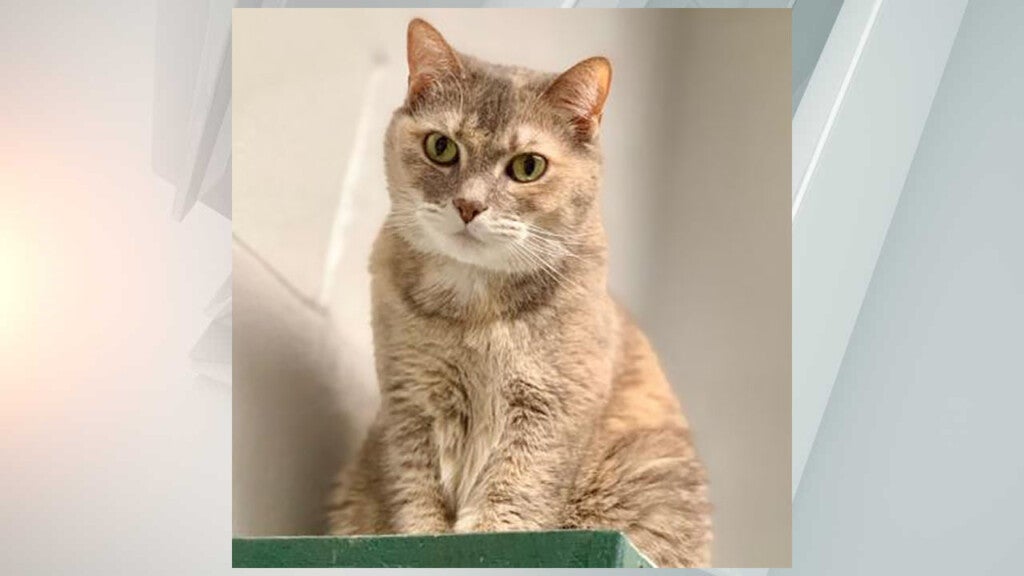Purdue prof talks about pets taking on owners’ pandemic stress
INDIANAPOLIS (WISH) — If there’s ever been a good time to take your pet in for a check up, now might be that time.
Researchers are finding COVID-19 pandemic-related stress might be hitting dogs and cats almost as hard as it is humans.
News 8 spoke with Niwako Ogata, an associate professor of animal behavior and the director of Purdue University’s Animal Behavior Clinic. Ogata discussed the intersection between animal and human behavior, how one affects the other, and what pet owners can do if they find their pet acting a bit differently these days.
Gillis: We’re talking about animal and human behavior and how the two intersect. I understand this is your area of expertise. So, tell us a little about your research.
Ogata: I’m part of the veterinary psychiatric section [at Purdue University]. I work with problems and behaviors in dogs and cats. I research behavioral issues.
Gillis: There’s research out indicating that animals, specifically dogs, can take on the characteristics of their owners. How is this possible? How does this work?
Ogata: This is an ongoing, yet still new area of research. We know dogs are the longest domesticated species and they help us. So, now scientists are wondering what is the reason behind why dogs help us so much? This is still ongoing, but it’s possible because dogs are very good at picking up human emotions.
Gillis: There’s also some evidence out that dogs are sensing the stress of the coronavirus pandemic as their owners are. Anxiety can be dangerous to humans. Does this also apply to dogs?
Ogata: Yes, that’s exactly true and for any species–not just dogs. For any species.
Gillis: And what can we do to help our four-legged family members? What do you suggest?
Ogata: That’s exactly the question that comes to me because all of my patients…all of the animals–dog and cats–all have behavioral issues usually caused by underlying stress and then when they come we see this in a variety of expressions and behaviors. They may bite their owner. Some of them may hide. But when they come in, we need to help them through environmental change, interaction change and–if necessary–we also sometimes need to give a pharmacological intervention.
News 8’s medical reporter, Dr. Mary Elizabeth Gillis, D.Ed., is a classically trained medical physiologist and biobehavioral research scientist. She has been a health, medical and science reporter for over 5 years. Her work has been featured in national media outlets. You can follow her on Instagram @reportergillis and Facebook @DrMaryGillis.



